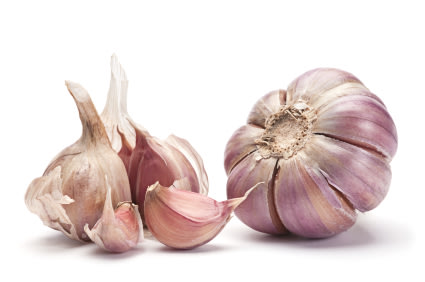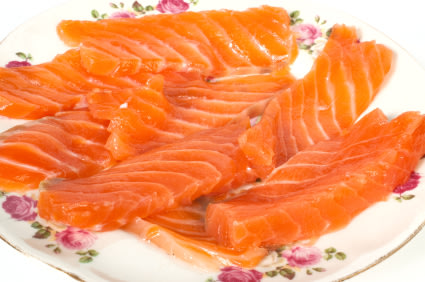
The police killing of 34 striking platinum miners in the bloodiest security operation since the end of white rule cut to the quick of South Africa's psyche on Friday, with searching questions asked of its post-apartheid soul.
Newspaper headlines screamed "Bloodbath", "Killing Field" and "Mine Slaughter", with graphic photographs of heavily armed white and black police officers walking casually past the bloodied corpses of black men lying crumpled in the dust.
The images, along with Reuters television footage of a phalanx of officers opening up with automatic weapons on a small group of men in blankets and t-shirts, rekindled uncomfortable memories of South Africa's racist past.
Police chief Riah Phiyega confirmed 34 dead and 78 injured after officers moved in against 3,000 striking drill operators armed with machetes and sticks and massed on a rocky outcrop at the mine, 100 km (60 miles) northwest of Johannesburg.
Phiyega, a former banking executive who was only appointed to lead the police force in June, said officers had acted in self-defence against charging, armed assailants at Lonmin's Marikana platinum plant.
"The police members had to employ force to protect themselves from the charging group," she told a news conference, noting that two policemen had been hacked to death by a mob at the mine on Tuesday.
However, the South African Institute of Race relations likened the incident to the 1960 Sharpeville township massacre near Johannesburg, when apartheid police opened fire on a crowd of black protesters, killing more than 50.
"Obviously the issues that have led to this are not the same as the past, but the response and the outcome is very similar," research manager Lucy Holborn told Reuters.
In a front page editorial, the Sowetan newspaper questioned what had changed since 1994, when Nelson Mandela overturned three centuries of white domination to become South Africa's first black president.
"It has happened in this country before where the apartheid regime treated black people like objects," the paper, named after South Africa's biggest black township, said. "It is continuing in a different guise now."
President Jacob Zuma cut short a visit to a regional summit in neighbouring Mozambique to head to the mine. Zuma, who faces an internal leadership election in his ruling African National Congress (ANC) in December, said he was "shocked and dismayed" at the violence, but made no comment on the police behaviour.
"We believe there is enough space in our democratic order for any dispute to be resolved through dialogue without any breaches of the law or violence," he said in a statement.
Despite promises of a better life for all South Africa's 50 million people, the ANC has struggled to provide basic services to millions in poor black townships.
Efforts to redress the economic inequalities of apartheid have had mixed results, and the mining sector comes in for particular criticism from radical ANC factions as a bastion of "white monopoly capital".
POLICE PRESENCE
As dawn broke, hundreds of police patrolled the dusty plains around the Marikana mine, which was forced to shut down this week because of a rumbling union turf war that has hit the platinum sector this year.
"There were no problems overnight. The problem is the hill over there where the shooting took place. I am not sure what will happen today," said Patience, a woman who lives in a nearby shanty town. She declined to give her full name.
Crime scene investigators combed the site of the shooting, which was cordoned off with yellow tape, collecting spent cartridges and the slain miners' bloodstained traditional weapons - machetes and spears.
Six firearms were recovered, including a service revolver from one of the police officers killed earlier in the week.
Prior to Thursday, 10 people had died in nearly a week of conflict between rival unions at what is Lonmin's flagship plant. The London-headquartered company has been forced to shut down all its South African platinum operations, which account for 12 percent of global output.
South Africa is home to 80 percent of the world's known reserves of platinum, a precious metal used in vehicle catalytic converters. Rising power and labour costs and a steep decline this year in the price have left many mines struggling to stay afloat.
Although the striking Marikana miners were demanding huge pay hikes, the roots of the trouble lie in a challenge by the upstart Association of Mineworkers and Construction Union (AMCU) to the 25-year dominance of the National Union of Mineworkers (NUM), a close ANC ally.
"There is clearly an element in this that a key supporter of the ANC - the NUM - has come under threat from these protesting workers," said Nic Borain, an independent political analyst.
AMCU leaders have been criticised for telling the striking miners - many of whom are barely literate - that they were "prepared to die" rather than move from their protest hill.
Pre-crackdown footage of dancing miners waving machetes and licking the blades of home-made spears raised questions about the habitual use of violence in industrial action 18 years after the end of apartheid.
"This culture of violence and protest, it must somehow be changed," said John Robbie, a prominent Johannesburg radio host. "You can't act like a Zulu impi in an industrial dispute in this day and age," he said, using the Zulu word for armed units.
World platinum prices spiked nearly 3 percent on Thursday as the full extent of the violence became clear, and rose again on Friday to a 5-week high above $1,450 an ounce.
Lonmin shares in London and Johannesburg fell more than 5 percent to 4-year lows at Friday's market open, although later trimmed their losses. Overall, they have shed nearly 15 percent since the violence began a week ago.





















-144737_copy1.jpg)






